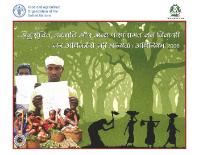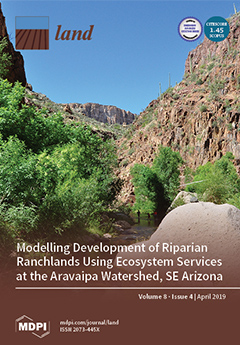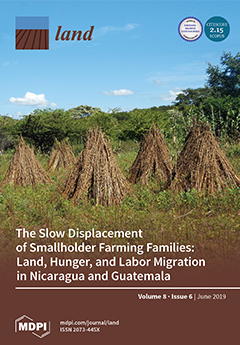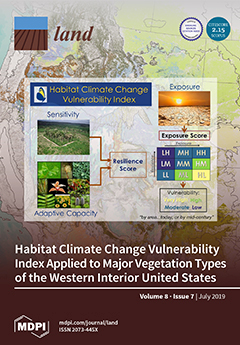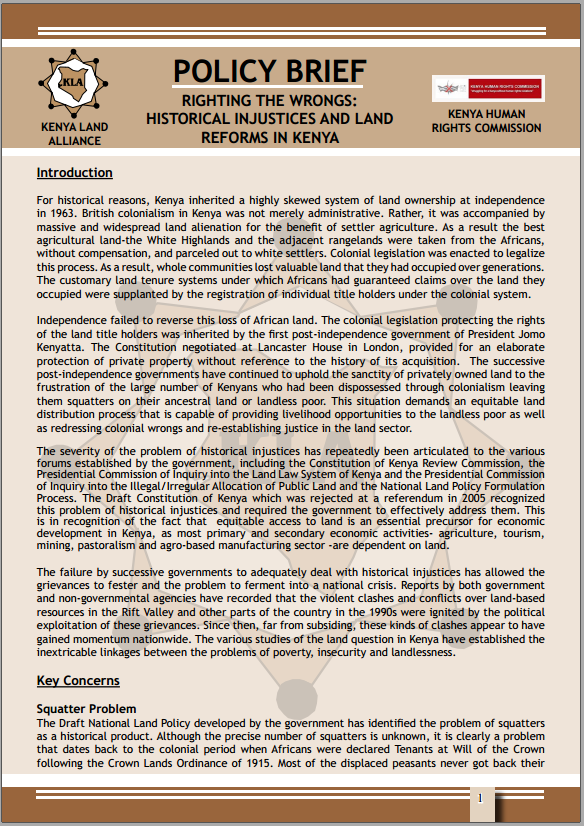Stratégie nationale sur la restauration des paysages forestiers et des infrastructures vertes à Madagascar, 2017.
Les objectifs de cette Stratégie nationale sur la restauration des paysages forestiers et des infrastructures vertes (SNRPF) à Madagascar sont: une planification de l’aménagement du paysage et un processus décisionnel communautaires; une coopération intersectorielle efficace et une coordination entre agences gouvernementales aux niveaux national, infranational et local; un renforcement de la capacité des institutions locales à mieux gérer les conflits sur l’utilisation et la propriété des terres; et une amélioration des politiques visant à une gestion intégrée des terres.



